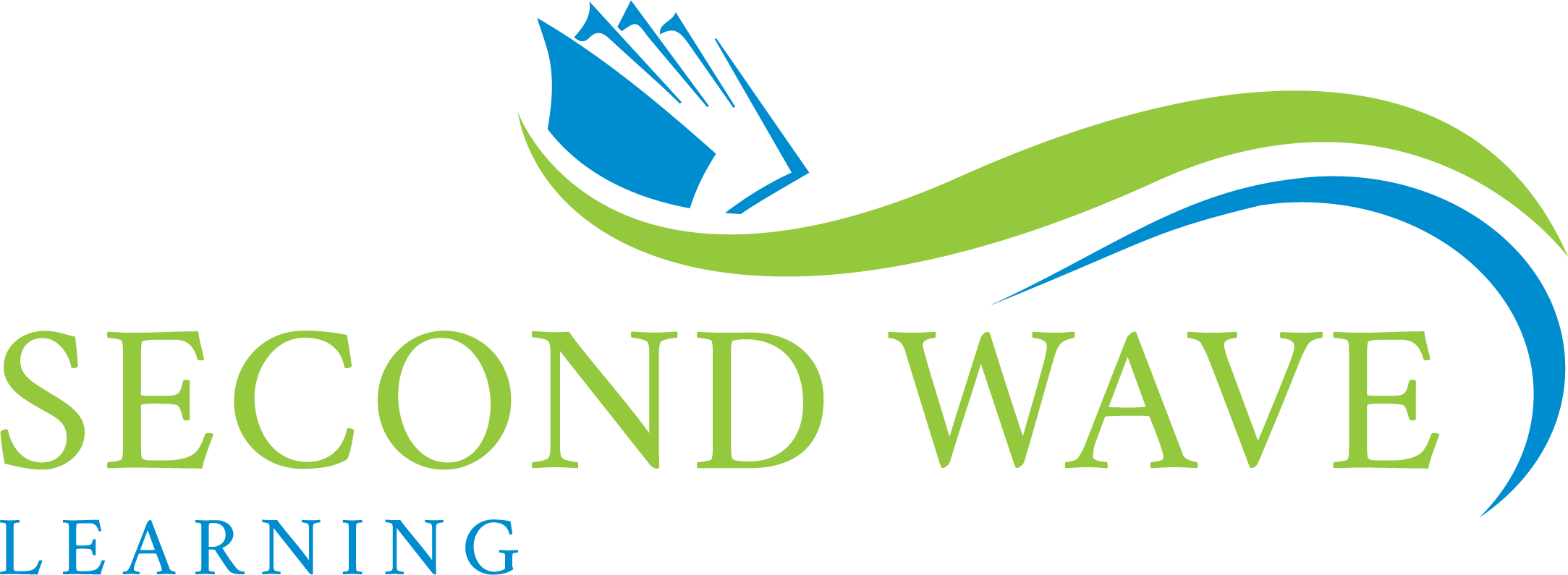Are Millennials the New Workaholics?
Boomers introduced the notion of workaholism with their come-in-early and stay-late work day. But a recent article in the New York Times ponders the new hustle culture emerging among the Millennial generation. Columnist Erin Griffith writes. “WeWork locations in New York implore young tenants to ‘hustle harder’ and ‘don’t stop when you’re tired.”
It’s a humorless “Rise and Grind” slog with a bottomless inbox. We are a long way from ‘lazy and entitled’ right? And it’s a long, long way the despondent young GenXer, who truly didn’t give a sh*t about work in their youth.
But let’s get real. Working long hours does not mean you are getting anything done. Research has shown – repeatedly – that if someone doesn’t feel committed to what they’re doing, they’re not going to be effective in their job.
If you want your employees to be effective in their job, you need to make sure they’re engaged at work.
In fact, there are numbers to support this: Gallup was able to track engagement levels at a nationwide retail chain and correlate data to productivity and profitability. Researchers found that teams with high employee engagement rates were 21 percent more productive and have 28 percent less internal theft than those with low engagement.
How do you engage your team members to help them be productive (and help the company be profitable)?
It starts with good leadership. A good leader from any generation is purpose-driven, approachable and communicative. Good managers set goals for their employees and, for Millennials, help them find and navigate the path to those goals. Millennials respond best to managers who function as coaches by helping manage their development and by providing feedback and motivation. And motivated employees are productive team members.
Here are three more ways you can help your Millennial team members be productive at work without burning them out with hustle-overload:
Gamify the Workplace. In addition to coaching, there are ways to “gamify” the workflow. Gamification is the principle of adding game-like elements to non-game situations. A number of mobile apps and corporate software systems help managers (or coaches) create work teams, give points, badges and trophies for meeting goals and deadlines, and more. Members of the generation that grew up with both video game systems and team sports have been shown to react well to these systems. A bonus is that many of these allow employees to be productive wherever and whenever they’re working, whether it’s remote or in the office. Which leads us to the second way…
Flexible Scheduling. For those who work with Millennials, understanding their desire for flexible scheduling is critical to helping them succeed and feel professionally satisfied. The majority of Millennials “believe that flexible work schedules make the workplace more productive for people their age.” As Second-Wave Millennials grow into being Parennials (Millennials with children of their own), this scheduling flexibility and work-life balance will become even more central to their job satisfaction. Employees who can work from anywhere but feel “tied” or “trapped” at their desk from 9 a.m. to 5 p.m. every day may become bitter, resentful and less engaged. They will be less productive and more likely to leave for greener, more flexible pastures. If the work format allows, try to provide scheduling flexibility with routine check-ins, and scheduled team get-togethers.
Time Management Solutions. Although a flexible schedule can make Millennial employees happier, not all Millennials have the skillset developed to manage their own time effectively. This is another place where feedback counts. For time management skills development, Millennials may respond well to cross-platform apps. If they suddenly realize hours have passed and they don’t know where the time went, try Rescue Time. As a training tool, the app will send weekly reports with feedback on what tasks are “stealing” time, and it provides accolades when the user makes improvements. If they just need help focusing, Focus Booster is modeled on the Pomodoro method, with timers for “focus time” and “break time.” For the environmentally-minded, the app Forest lets users plant a virtual tree and watch it grow the more productive the user is at work.
Providing good management (or coaching) is the best way to keep team members engaged – and productive. Providing Millennial employees with goals and the path to achieve them, motivation, open and honest communication and feedback will go a long way toward building that engagement and keeping employees productive and happy for years.
